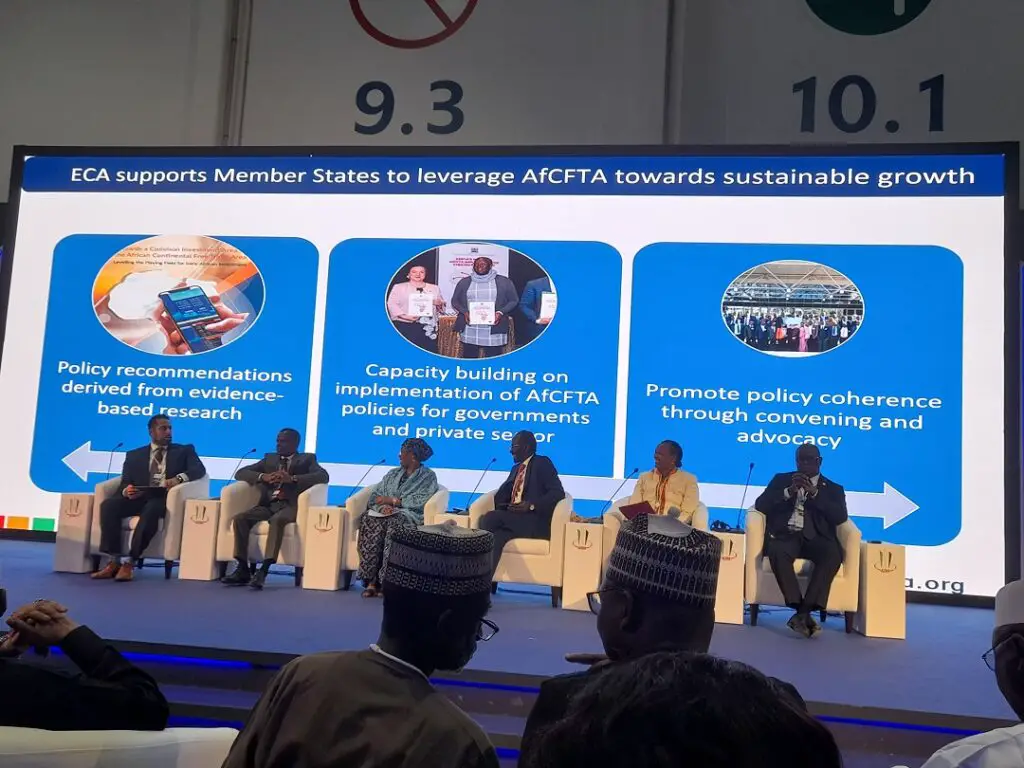By enhancing intra-African trade, AfCFTA estimates that the continent with gain $195 billion by 2045. These gains are projected to be mainly realised in industry, services, agrifood, and energy sectors. By collaborating under AfCFTA, countries can greatly boost regional supply chains for the global electric vehicles market. African countries need to embrace a set of
[elementor-template id="94265"]
